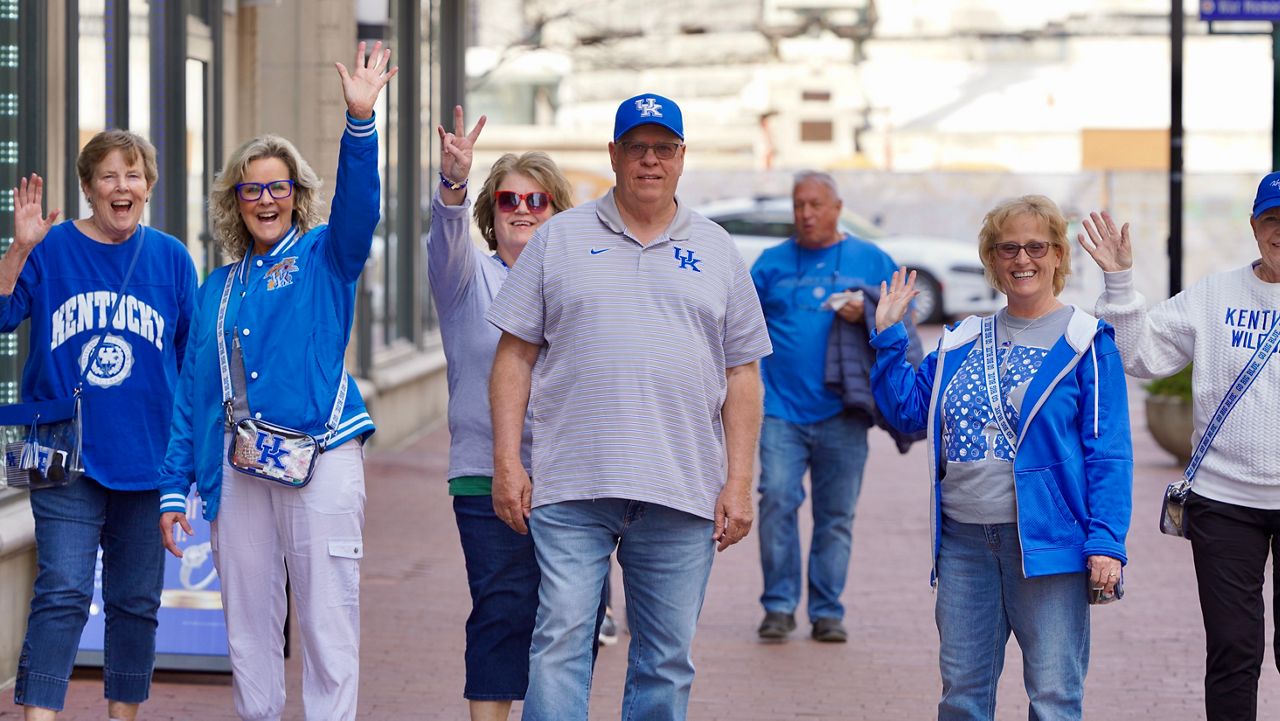LOUISVILLE, Ky. — A new study performed in Louisville shows more trees in neighborhoods reduces inflammation in the human body.
The University of Louisville Green Heart Louisville Project planted trees on the city's south side to study their impact on residents. The data is in, and according to the university, trees are not only good for the environment but for people, too.
“This study is telling us that indeed, trees mean healthier people and healthier cities," said Kim Schatzel, University of Louisville president. "Trees are indeed medicine."
The University of Louisville Green Heart Louisville Project collected blood, urine, hair and nails from 745 people before and after more than 8,000 trees were planted in south Louisville.
“What we found that before and after planting the trees, there was a reduction on this protein, which is called the C-reactive protein," said Aruni Bhatnagar, director of the Christina Lee Brown Envirome Institute and professor of medicine at UofL. "It's a very valuable marker that is reflective of the amount of inflammation in the blood and systemically."
Researchers said the reduction they saw in that marker corresponds to a 10 to 15% reduction in the risk of heart attacks, cancer or dying from any disease.
“We have over 1,800 to 2,000 heart attacks in Louisville every year, and if you can even decrease 10%, that's 200 (fewer) heart attacks," Bhatnagar said. "Assuming that each heart attack will cost more than $50,000, you can calculate how much economic impact it could have."
Earlier this month, the project received $4.6 million from the National Institute of Environmental Health services to keep the research going. Researchers said they now plan to study the city’s urban heat island effect, which is when cities experience higher temperatures than nearby rural areas.
“Louisville has the worst urban heat island effect in the country ... we think that maybe planting dense forest in the middle of downtown might make a difference,” Bhatnagar said.
UofL said as it learns more about the effects of tree coverage, increasing greenery may be a vital method to improving public health.
Green Heart Louisville said trees cover just 37% of Louisville, and that number is decreasing by 54,000 trees each year.










